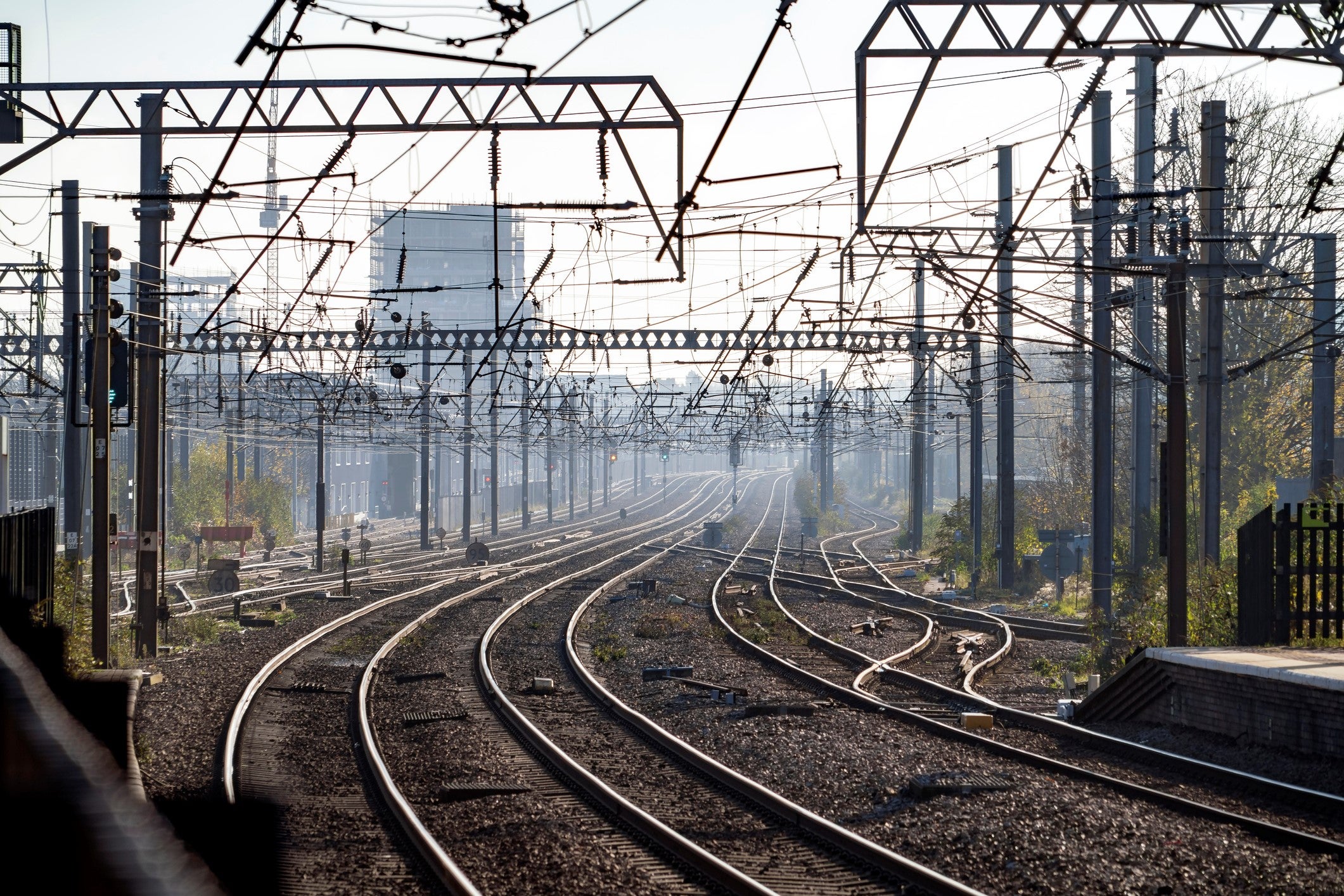The loss of the Northern Rail franchise is another nail in the coffin of Britain’s trains
Privatised companies have massively increased train journey numbers, but never won over passengers, writes Andrew Woodcock


The decision to take Northern Rail back into public control is another nail in the coffin of a franchising system which has had few fans since its introduction when the railways were privatised by John Major in the 1990s.
Major dreamt of the return of the golden days of the Big Four regional operators like Great Western – nicknamed God’s Wonderful Railway, with its chocolate and cream livery – and LNER, which were held in genuine public affection before being merged into British Rail in 1948.
Instead, his system produced a litany of gripes about fat-cat bosses taking generous salaries for presiding over crowded carriages, elderly rolling stock and oft-delayed trains while raking in subsidies from the state.
The franchising system has seen passenger numbers soar, with total journeys almost doubling over 20 years to 1.8 billion by 2018/19.
But increased usage has not translated into any noticeable wave of fondness for companies like Virgin Trains, Govia or Arriva. And critics point out that, while the UK state is barred from bidding for franchises, virtually all train operators are now owned by consortiums involving the German, French, Spanish or Italian state railways.
Difficulties with franchises date back almost as long as the system itself, with the InterCity East Coast service taken from Great North Eastern Railway in 2006 and eventually handed to a publicly-owned operator three years later only to return to private hands under Virgin in 2015.
The franchising system was thrown into disarray in 2012 after the award of the InterCity West Coast contract to FirstGroup was reversed due to technical flaws in the process.
And campaigners have called for Govia to be stripped of the Southern franchise after long-running disruption due to a row over the removal of guards from trains.
Labour promised in December’s election to bring rail back into public ownership to “end the great privatisation rip-off and save you money on your fares and bills”.
But even the Tories had little positive to say about the existing system, pledging to “end the complicated franchising model and create a simpler, more effective rail system, including giving metro mayors control over services in their areas”.
The first change following the election saw the much-criticised Northern franchise taken from Germany-based Arriva and handed to a government-controlled Operator of Last Resort.
With little support for operators among passengers or politicians, it is difficult to believe this change will be the last.
Join our commenting forum
Join thought-provoking conversations, follow other Independent readers and see their replies
Comments